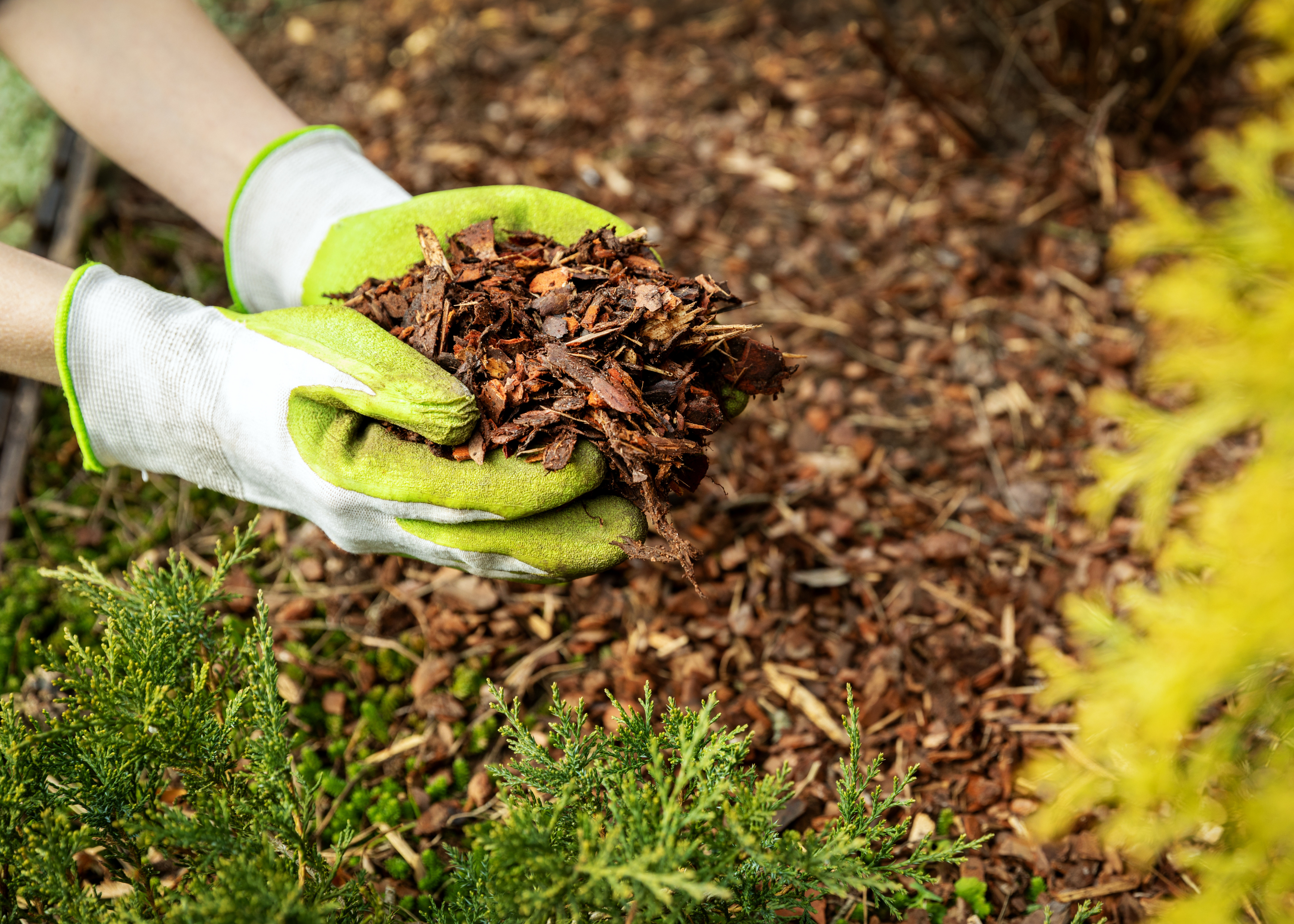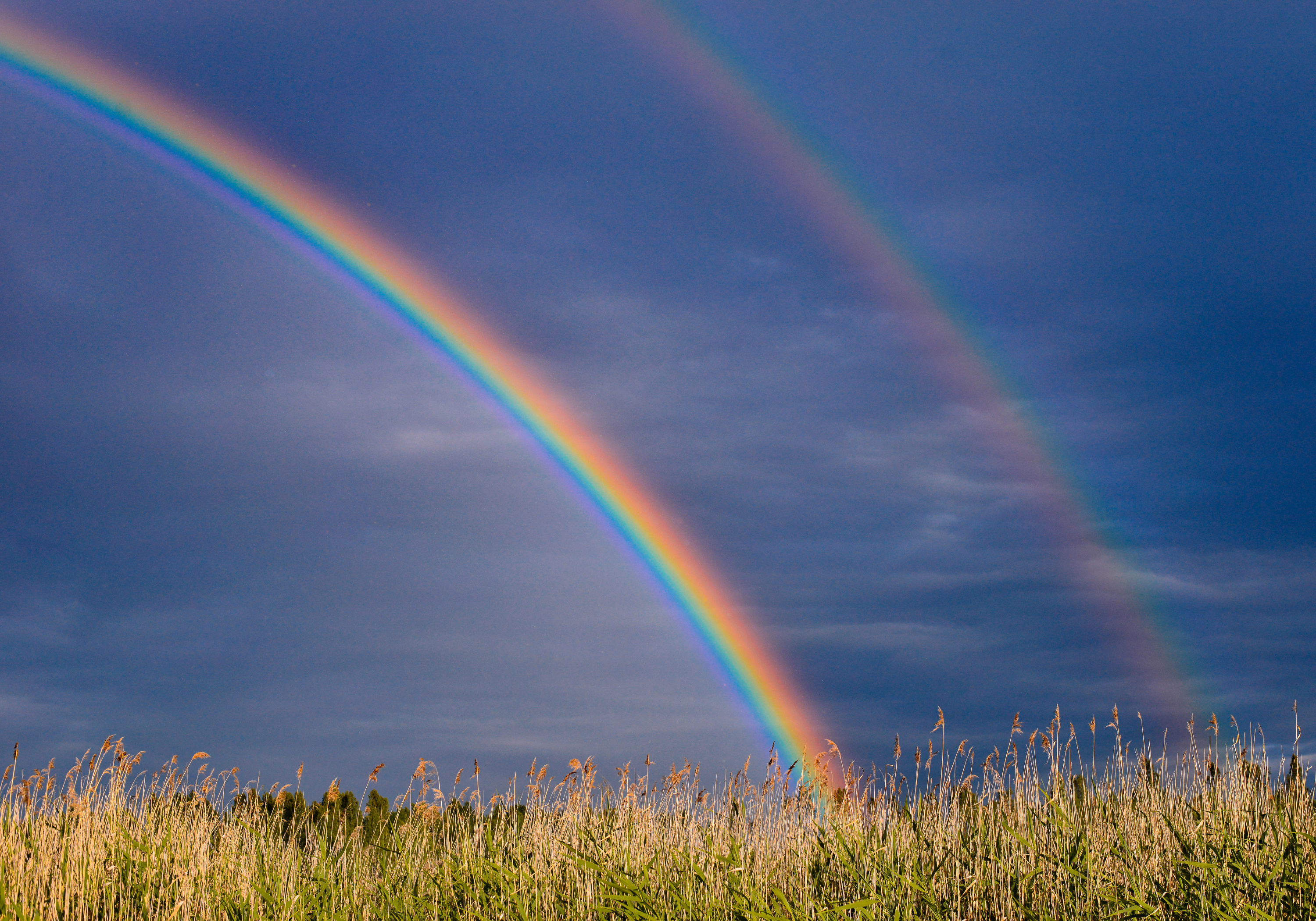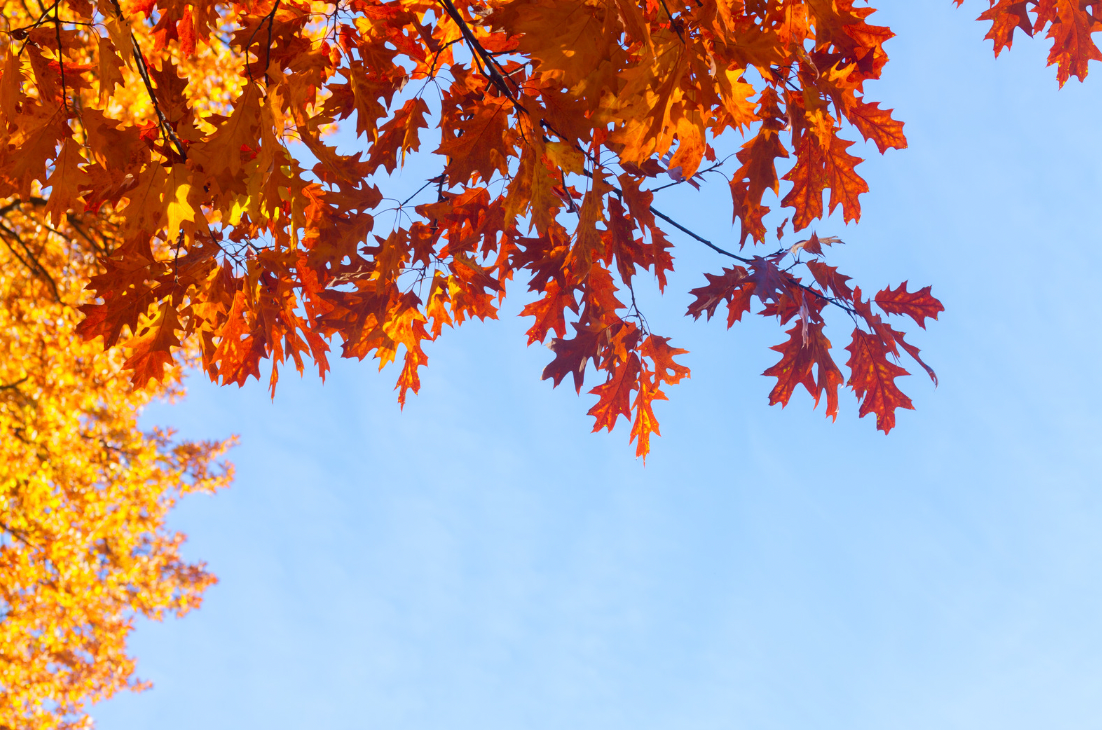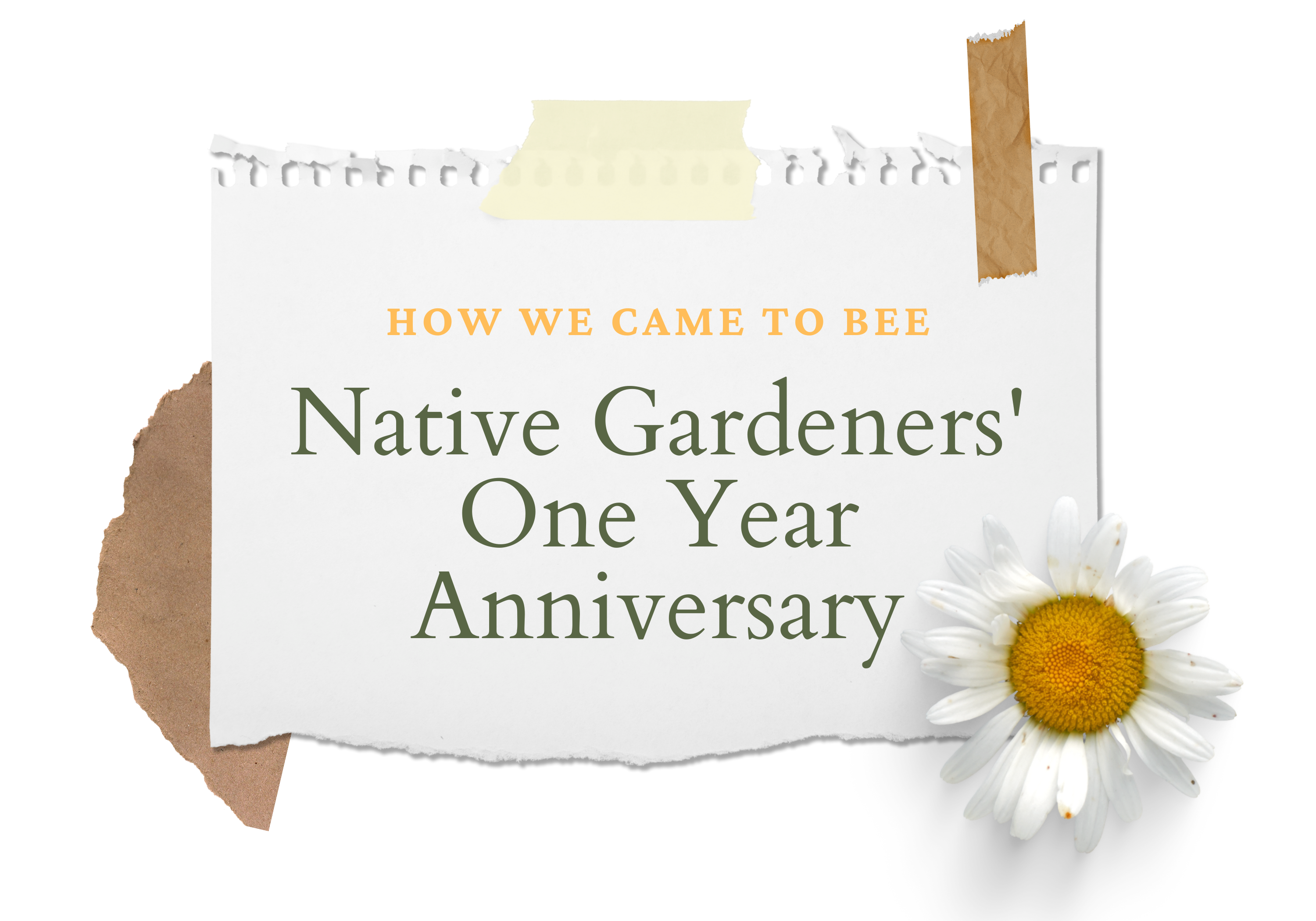Mulch Ado About Nothing

As the weather continues to grow hotter, our gardens need all the help they can get to survive this heat. The first thing you can do to help your plants during a drought is to ensure they are conserving their water. Start by moving your potted plants to shadier areas. Next, ensure your plants are insulated from the heat with at least 3 to 4 inches of mulch; this includes your potted plants. Putting mulch down over a garden bed will help keep the soil cool while giving additional nutrients to the earth. Best of all, a new mulch application can refresh the look of your garden while also helping conserve water.

So what is mulch? Merriam-Webster defines mulch as a protective covering (such as sawdust, compost, or paper) spread or left on the ground to reduce evaporation, maintain even soil temperature, prevent erosion, control weeds, enrich the soil, or keep fruit (such as strawberries) clean. Which mulch will work best for your garden encompasses anything from wood, leaves, decomposed granite, and even rocks. I know this may seem like a lot of mulch to do about nothing, but this additional layer on top of the soil is a protective layer from the harmful effects of direct sunlight on bare ground. Mulch allows the earth to remain cooler for extended periods and keeps the plants stress-free. Not only that, your soil ecology can finally have fun in the sun without fearing any burns. If your plants can retain moisture around their roots, they will be able to establish and grow at a surprising rate.

You’ll dig all the applications mulch has in the average garden bed. Weeds can be a hassle to deal with, especially in the triple-digits. A thick four-inch layer of mulch you apply will smother any weeds that may try to poke their heads in your garden. (Except Bermuda grass. Mulch makes managing that grass easier to manage ). Weeds require sunlight to live and thrive. By coating your flower beds with fresh material, the weeds will struggle to anchor their roots. To ensure a pleasant and resilient flower bed, mulch the plants you want to keep.
When the weather starts to drop lower and the fall foliage drops–it would be a shame to leaf it to waste. All of those fallen leaves can provide a cheap resource for transforming your garden with a nutritional mulch. By allowing your leaves to pile up over the season, making sure they remain moist, they will break down into leaf mould. What sets leaf mould apart from other composts is that it is broken down by fungi as opposed to the typical bacteria used in other composts. It provides excellent resources, such as a better water retainment system and an overall better environment for things such as earthworms or beneficial bacteria. Leaf mould is best for new plants in particular which will be perfect in time for spring by the time it fully settles. In addition to protecting the soil from the easy bake oven in the sky, organic mulch breaks down and can provide plant nutrients. When water travels down through the mulch layer, it takes the nutrients from the material you use and distributes them to the soil and the plants beneath. So what are these nutrients? Nitrogen, Potassium, and phosphorus are the most common and most beneficial. It also depends on which mulch you are using.
Pros and Cons of Different Mulches:
My favorite part of mulching is figuring out which one is perfect for your garden. I’ve installed many, many different mulches to choose from. One of the most popular you will see is wood mulch which is some of the best for retaining moisture. There is cedar, oak, pine, hardwood, and many others. There are pros and cons to each specific wood. Cedar wood will be a golden brown that will be longer-lasting than some, good at repelling insects, but will be a little more expensive. A good mulch that will hold its nice brown color is oak, which tends to decompose slowly. A perfect addition to a flower or vegetable bed is pine. Pine can give the soil lots of additional nutrients but, unlike oak, will tend to decompose a little faster than others. Lastly, one of the most popular is the simple, mixed hardwood. This will be longer-lasting with natural brown color and retains moisture in the soil. Of course, aged leaf compost will feed organically outside of woods, providing the earth with lots of nutrients. If you’re going for a desert aesthetic, decomposed granite is a great option and surprisingly helps retain moisture. Another option that's very simple and eco-friendly is green mulch. This method involves many low-growing plants that assist in covering the ground. They perform the same function as traditional wood mulch by protecting the soil with natural plant growth from the sun.

Using mulch in your garden will help alleviate the heat off the plant and the stress off you. Protect your plants and relax with a much cooler garden this summer. With mulch, there isn't much you can't do.



